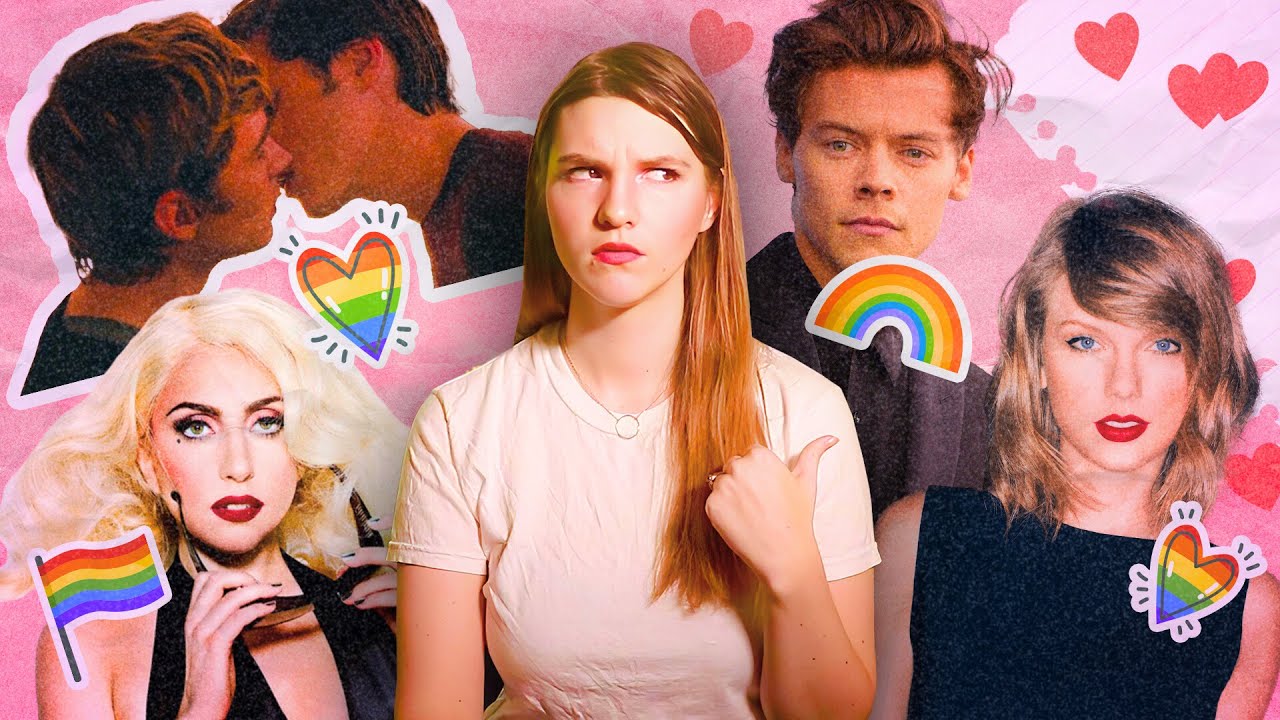This video talks primarily about the way that a lot of gatekeeping discourse in queer circles actually hurts closeted and questioning people, and how some of it copies transphobic narratives about trans women, ect.
I have been thinking about this for AWHILE now. I remember having an argument with my girlfriend (who has since changed her mind about the issue, though her position is now apathy) and my now ex-best friend (not over this argument, lol, much bigger issues) about the whole “only queer actors should take queer parts” issue. And for some reason at the time I didnt think of the “that would seriously hurt a closeted actors by basically becoming forced outing” at the time (but I thought of it before Sarah mentioned it in this video lol, it was bringing it up to my girlfriend that made me learn that she had shifted her position).
The thing about “men wearing skirts are predators looking to take advantage of women” seems especially toxic to me because it is literally the SAME thing said about trans women just targeted towards GNC men who still identify as cis instead. Its one of those things that for me should seem bad ON ITS FACE in a way to the people saying it, sort of like how I was shocked to see people who say they hate TERFs echoing ace exclusion discourse) .
I’ve also been against faux-progressive/social justice language being used for bullying and gatekeeping for a long time now.
So this is just another manifestation of that.



[he/him] I agree with how you talk about making art “real” (well, everything you said, really), and I had the same thought I had while watching the video… I think people might want to use the word relatable instead (like, general society, not you specifically). In the video’s case it was her use of “rep” or representing. I think what people might be really looking for in media/art is to relate to others and for validation, but aren’t finding the right words for it, and the words might then be used in a different way than originally intended. Like how when watching a show I might feel like a person really “represents” the struggles I’ve experienced but later on bad behavior makes me question if that person is a good “representative” for my situation. It’s harder to do that with “relate”.
It also seems really strange to even consider keeping a queer actor from a straight role… They have their entire life before coming out as experience “acting” in that type of role. Maybe that even makes them more qualified than a straight person because they might be much better equipped to define where the line is between themselves and the character.
I dunno if this all makes sense but the video and comments here have lit up a part of my brain that I’m having fun exploring.